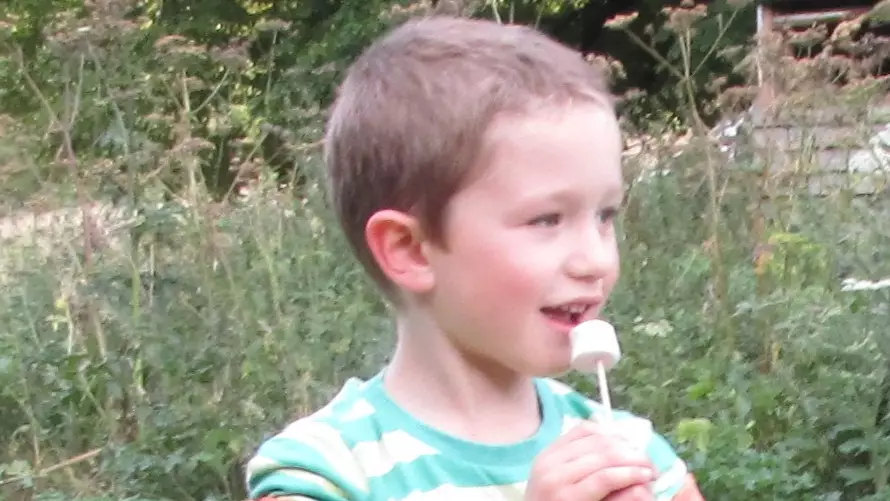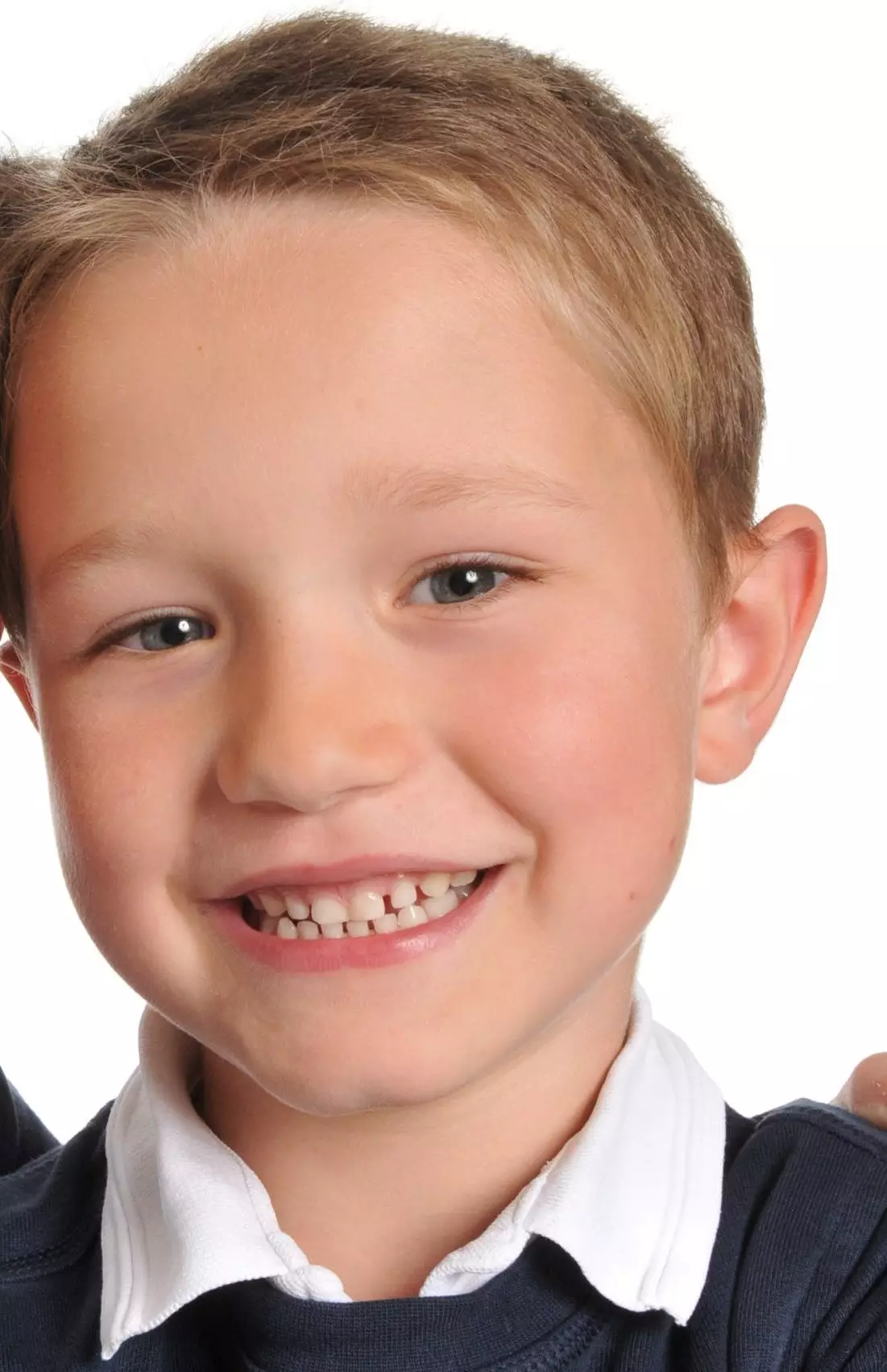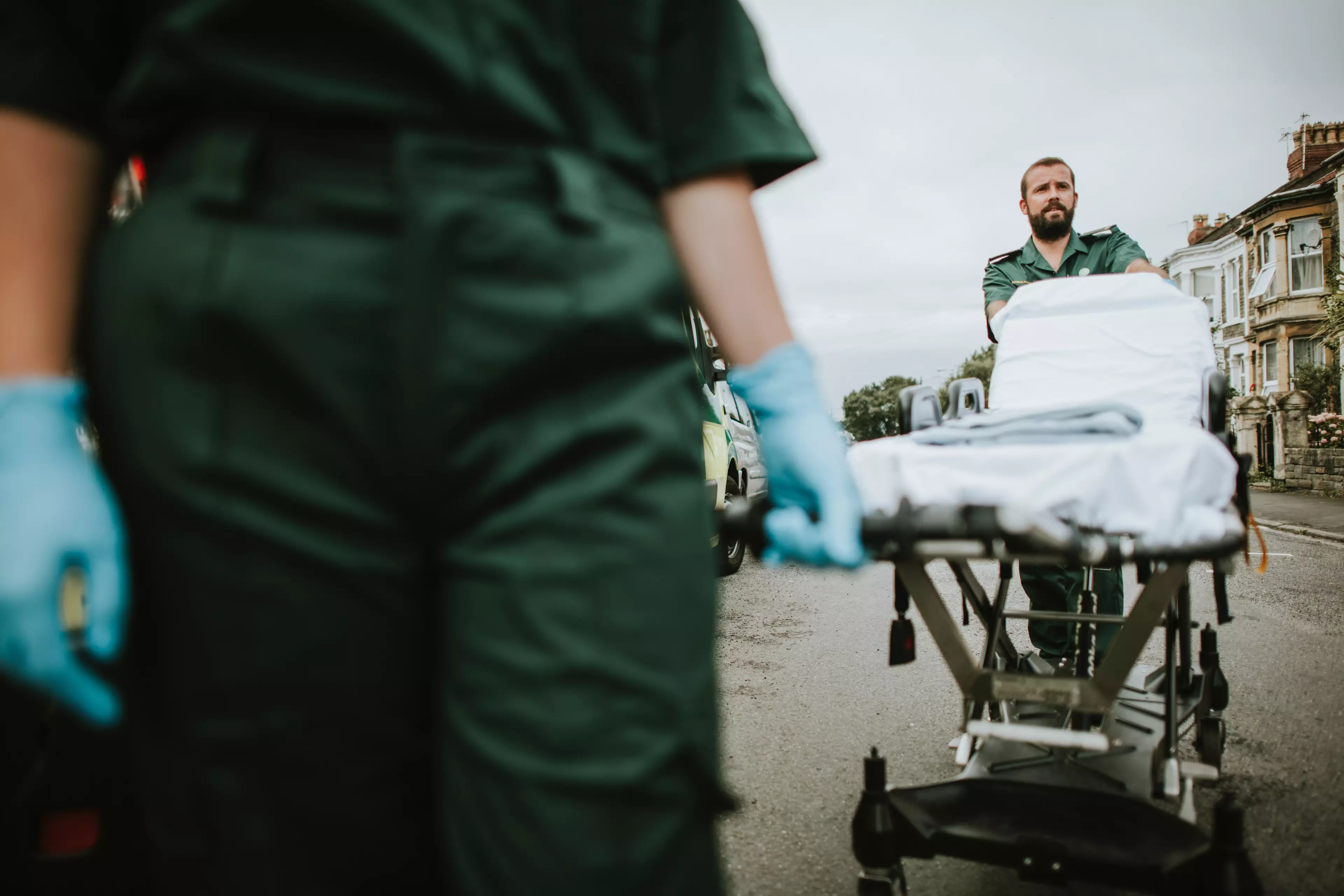
A coroner has warned more children could die unless the NHS takes action - after 111 call handlers missed several opportunities to save the life of a six-year-old boy.
Sebastian Hibberd died on the 12th October 2015, after staff failed to spot warning signs that part of his bowel had collapsed, before he suffered a cardiac arrest at home while waiting for medics.
The young boy had been throwing up green vomit, suffering from diarrhoea and had cold hands and feet for the entire weekend before his death, the coroner was told.
The inquest in February heard that his father Russell rang three separate call handlers from the emergency 111 service - but they failed to pick up the seriousness of his condition.
A Prevention of Future Deaths Report has now demanded NHS England and NHS Digital carry out a review of their procedures, saying call handlers were not being "adequately assisted" by the algorithm used to assess patients over the phone.
Advert

Senior coroner Ian Arrow said in a report: "In my opinion there is a risk that future deaths will occur unless action is taken.
"Following the inquest I received submissions that without changes in the NHS Pathways the 111 call handlers will not be adequately assisted by the Pathways to recognise the acutely unwell child."
Sebastian suffered a cardiac arrest at his home in Plymouth, Devon, while waiting for treatment but was declared dead after being taken to Derriford Hospital.
The coroner later gave a narrative conclusion for his death.
Mr Arrow said in his report: "In particular, it is more likely than not, had his condition been recognised and he had received treatment at 8.44am, his life might have been preserved.
"By the time the seriousness of his condition was recognised at 13.54pm it was less likely that his life could be preserved."

Mr Arrow said there were inadequate NHS Pathways questions for children over five about two of the symptoms for intussusception and a seriously ill child - cold hands and feet and green vomit.
He also said the Pathways questions do not allow a meaningful assessment of how much pain a child is in and called for a review into support for 111 handlers, who are not clinically trained, when dealing with unusual cases.
He asked that NHS England review the need for a fail-safe mechanism to ensure a face-to-face meeting with a doctor is arranged following repeated calls over the condition of a child.
NHS England and NHS Digital now has until mid August to respond.
Featured Image Credit: SWNS